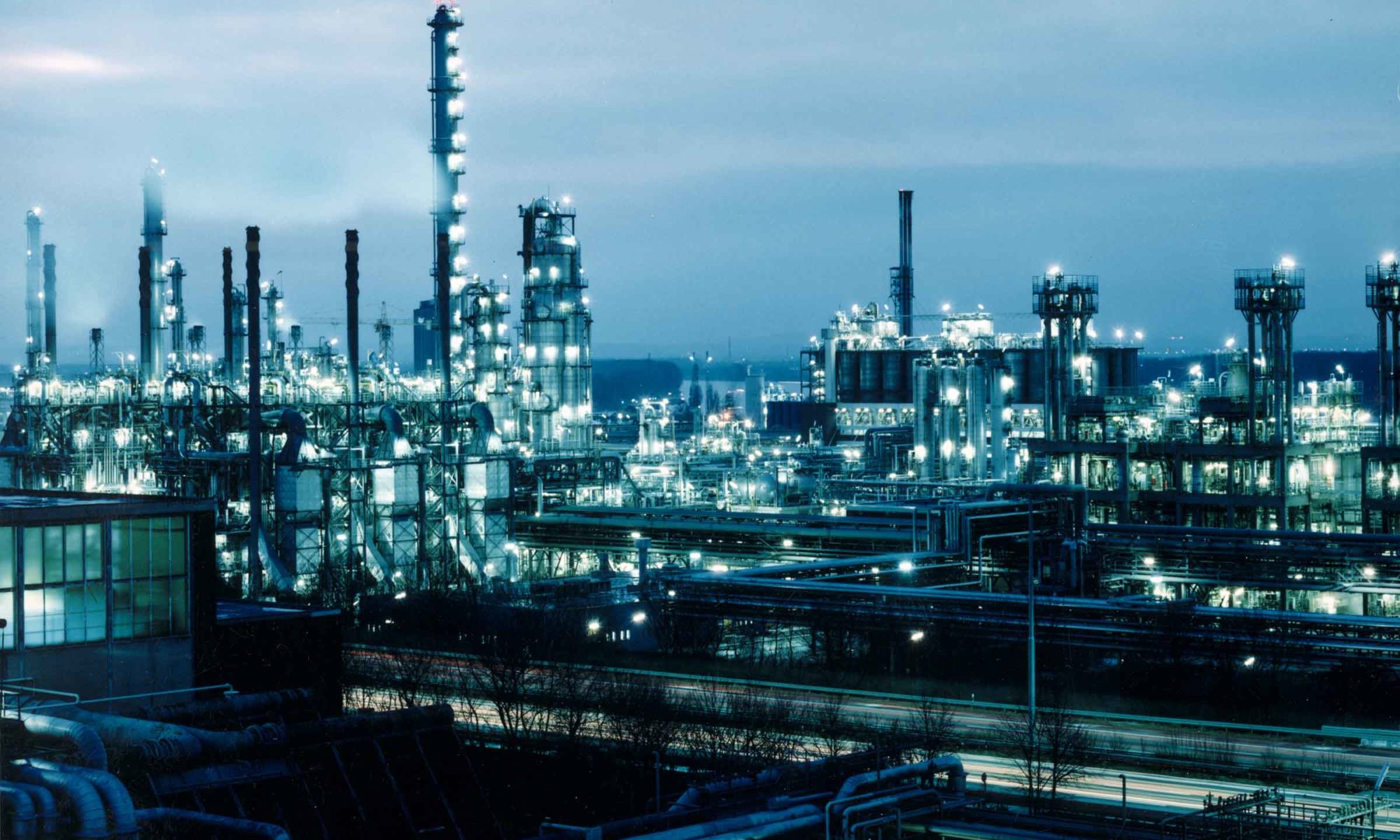LyondellBasell is one of the largest plastics, chemicals and refining companies in the world. Neste is the world’s largest producer of renewable diesel from waste and residues.
The joint project used Neste’s renewable hydrocarbons derived from sustainable bio-based raw materials, such as waste and residue oils. The project successfully produced several thousand tonnes of bio-based plastics which are approved for the production of food packaging and being marketed under Circulen and Circulen Plus, the new family of LyondellBasell circular economy product brands.
LyondellBasell’s cracker flexibility allowed it to introduce a new renewable feedstock at its Wesseling, Germany site, which was converted directly into bio-based polyethylene and bio-based polypropylene. An independent third party tested the polymer products using carbon tracers and confirmed they contained over 30% renewable content.
Food packaging
Some of the renewable products produced in the trial were sold to multiple customers, one of which is Cofresco, a company of the Melitta Group and with brands like Toppits(®) and Albal(®), Europe’s leading supplier of branded products in the field of household film. Cofresco plans to use the Circulen Plus bio-based polyethylene to create sustainable food packaging materials.
“It is very satisfying to see Neste’s renewable hydrocarbons performing perfectly in a commercial scale production of bio-based polymers, providing a drop-in replacement option to fossil materials,” said Neste’s President and CEO Peter Vanacker. “This pioneering collaboration with LyondellBasell marks a major milestone in the commercialization of Neste’s renewable polymers and chemicals business focusing on developing renewable and circular solutions for forward-looking sustainable brands.”



